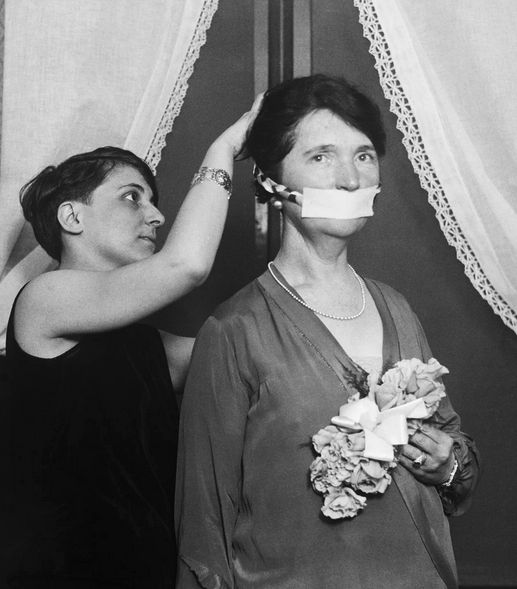blogpage
Marlene Wagman-Geller: Sample Chapters and Blogs
The Lady Vanished
Nov 28, 2025 by Marlene Wagman-Geller
“In passing, also, I would like to say that the first time Adam had a chance he laid the blame on a woman.”. “Nancy, Viscountess Astor
While many of the Gilded Age gals whiled away their time in a swirl of opera, balls, and gossip, dollar princess Nancy, Viscountess Astor, became the British version of Eleanor Roosevelt as the first woman to infiltrate the British Parliament’s all-male sanctuary.
Lilibet
Nov 27, 2025 by Marlene Wagman-Geller
An 1865 poem by William Ross Wallace states, “The hand that rocks the cradle rules the world.” Because good ole mom shapes society, the matriarch of the world’s most famous family was a magnet of scrutiny. Born in the dawn of the twentieth century, the royal remembered as the Queen Mother died a year after it ended and met the era’s most famous.
Monkey's Uncle
Nov 22, 2025 by Marlene Wagman-Geller
“Make yourself at home, no one wishes you were there more than I do.” Mamie Fish
In 1979, Judy Chicago displayed “The Dinner Party” a sculpture that featured three forty-eight-foot-long tables-the gathering of notable women of Western civilization- from the ancient Greek lesbian poet Sappho to the first female physician, Elizabeth Blackwell. Despite Judy’s prodigious oeuvre, the work, (now in the Brooklyn Museum,) cemented the artist’s reputation. Similarly, Marion (Mamie) Fish’s dinner parties made her a member of the Gilded Age golden girls.
The Wizard of Wall Street
Nov 21, 2025 by Marlene Wagman-Geller
“A good businesswoman is often sharper than a good business man.”–Hetty Green
Martin Scorsese’s 2013 film portrayed Jordan Belfort–a real-life Jay Gatsby–a rapacious predator who earned the sobriquet “The Wolf of Wall Street.” Predating Jordan was the nineteenth century Hetty Green whose detractors dubbed “The Witch of Wall Street.”
My Gold
Nov 19, 2025 by Marlene Wagman-Geller
The world’s greatest tragic heroines sprung from the ancient Greeks who squeezed every nuance of pain from the dark forces that knit their destinies. Medea, the archetypal woman scorned, wreaked vengeance on Jason by serving him a stew- its chief ingredient their two sons. In her footsteps walked an heiress relentlessly pursued by the Furies.
The Venetian Princess
Nov 15, 2025 by Marlene Wagman-Geller
"I know of no profession, art or trade that women are working in today," she declared, "as taxing on mental resources as being a leader of society." Alva Vanderbilt Belmont
One of the greatest female feuds in history was the sixteenth century fight between frenemies Elizabeth I of England, and her cousin, Mary Queen of Scots. A nineteenth century tug-of-war was between Gilded Age powerhouses Caroline Astor and Alva Vanderbilt. Although the latter did not end with a decapitation, it forever altered the fabric of The Four Hundred.
And No Friends
Nov 02, 2025 by Marlene Wagman-Geller
In 1797, in the grip of an opium-induced dream, British poet Samuel Taylor Coleridge imagined a fantastic paradise that inspired his poem, “In Xanadu did Kubla Khan/A stately pleasure-dome decree/Where Alph, the sacred river ran/Through caverns measureless to man/Down to a sunless sea.” The nonfictional Kubla Khan was Huguette Clark whose pleasure dome offered panoramic Pacific Ocean views. To gaze upon a mansion whose halls echo an enigma, enter Bellosguardo.
The Crazy Ones
Nov 02, 2025 by Marlene Wagman-Geller
A common online notification warns users to “update your McAfee antivirus.” But whether we renew our annual subscription or choose another program, we owe the slaying of the computer worm to John David McAfee.
The Woman in Pink
Oct 27, 2025 by Marlene Wagman-Geller
Traditionally pink has been the go-to color for girls, Barbie’s preferred hue, and a mention in a Molly Ringwald film. In the last decade of the 20th century, pink became a ubiquitous shade, evocative of an equal opportunity slayer.
The Rain (1830)
Oct 22, 2025 by Marlene Wagman-Geller
“The time has come for the Vanderbilts.” ~Caroline Schermerhorn Astor
America’s greatest fortune began with beavers. John Jacob Astor, from Walldorf, Germany, the son of a butcher, arrived in America in 1784. He wrote to his friend, “I AM mush presd for maney.” In the ensuing decades, John’s fortune -though not his spelling- improved. He amassed astronomical wealth by selling North American beaver pelts, a fashion favorite. Putting profit over humanity, he paid the indigenous trappers with alcohol, (cheaper than cash,) and used his profits to purchase seventy acres of Manhattan Island -still mainly farmland-that later transformed to Times Square, and a vast tract of land that extended from Broadway to the Hudson River. His son, John Jacobb Astor Jr. nicknamed The Landlord due to his vast holdings, leased his properties to slum-dwelling tenants. When the founder of a dynasty passed away, the erstwhile penniless immigrant was America’s first multi-millionaire. While John Jacob Astor made his family the modern Midas, it was his grandson that delivered social status.
Was It Worth It?
Oct 21, 2025 by Marlene Wagman-Geller
The Prince of Denmark lashed out at Ophelia for wearing makeup that he equated with female deception, “God has given you one face and you make yourself another.” A twentieth-century cosmetic empire was likewise associated with duplicity, one not even its most artful of concealers could camouflage.
Travel Books-Women's Home Museums
Oct 03, 2025 by Marlene Wagman-Geller
While traditional museums are meccas for millions, an overlooked niche are home museums that provide a more interactive experience.
Do Not Pass Go...
Sep 27, 2025 by Marlene Wagman-Geller
Nostalgia comes to call with the opening of a box filled with silver trinkets, brightly colored cards, plastic pieces of real estate. It offers a flight of fancy where, for a time, one could be lord of many manors. If unlucky, we would end up behind bars; if savvy, we would become as wealthy as Rich Uncle Pennybags.
Bubbikins
Sep 26, 2025 by Marlene Wagman-Geller
Princess Diana owned a red sweater with dozens of white sheep and with one black, perhaps a tongue-in-cheek nod to her status with her in-laws. Another royal who experienced similar alienation was Princess Victoria Alice Elizabeth Julia Marie, known as Alice, born in Windsor Castle in the presence of her great-grandmother, Queen Victoria. The baby was the daughter of Princess Victoria of Hesse and by Rhine and Prince Louis of Battenberg. She was the eldest of four; her siblings became the Queen of Denmark, Marquess of Milford, and Earl Mountbatten of Burma. Born deaf, she mastered lip reading in several languages and could tell what the actors were really saying in silent films.
Conundrum
Sep 24, 2025 by Marlene Wagman-Geller
“I had visited and portrayed, during thirty years of more or less constant travel, all the chief cities of the earth." ~Jan Morris
As one of the most acclaimed foreign news correspondents of the twentieth century, Jan Morris was forever on the move: Nepal, Jerusalem, Cuba… However, the most danger fraught border she crossed was burying her former self to enable her new one to live.
Mr. Bojangles
Sep 19, 2025 by Marlene Wagman-Geller
F. Scott Fitzgerald wrote, “There are no second acts in American lives.” His words proved a self-fulfilling prophecy when the hand that penned The Great Gatsby shook so much from alcoholic tremors he could no longer hold a pen. In contrast, other artists have reinvented themselves in their later years, a fact manifested by a woman who proved there was life post The Good Ship Lollipop.
I Will What I Want
Sep 07, 2025 by Marlene Wagman-Geller
Dance Moms, a Lifetime Network Chanel television show, features stage moms on steroids, endlessly exhorting their rhinestone-clad daughters to lift the barre on their competitors. In contrast to the dancing divas is Misty Copeland, the first African-American woman to be named a principal dancer at the prestigious American Ballet Theatre (ABT).
Rainbow
Sep 07, 2025 by Marlene Wagman-Geller
Whether Ms. Moses found the sobriquet “Grandma” a term of endearment or an unwelcome reminder of the onslaught of time is a matter of conjecture, but it is a name with which she was inextricably bound. Her life, one supposed to be exempt from Warhol’s 15 minutes of fame, was as fanciful as her canvasses. Her biography serves as a testament that one can receive a late-night knock at the door from the hand of fate.
The Black Sky (1910)
Sep 06, 2025 by Marlene Wagman-Geller
“Keynmol fargesn!” “Never forget!” was the rallying cry of the Warsaw Ghetto. The doomed Resistance fighters’ plea was for the world to remember the systematic slaughter of Poland’s Jews. Yet history should also never forget the bravery of those who fought the forces of darkness. One of these was a diminutive woman who cast a giant light.
A Stone Angel
Sep 06, 2025 by Marlene Wagman-Geller
Larry Flynt, whose pornographic empire forever arm-wrestled the First Amendment, railed, “The church has had its hand on our crotch for more than 2,000 years.” A tireless crusader also fought for sexual autonomy, but her ends were salvation, not debasement.
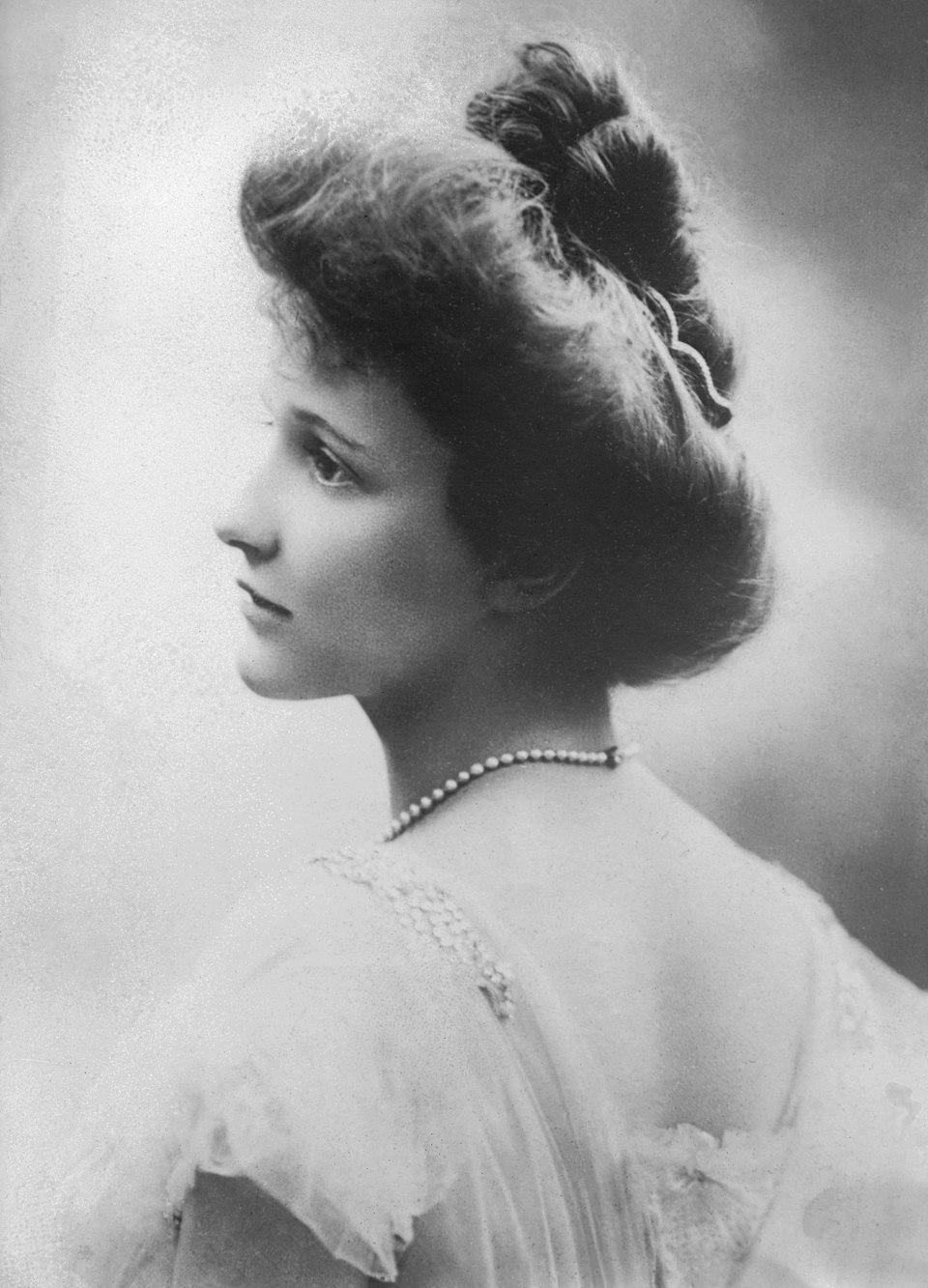
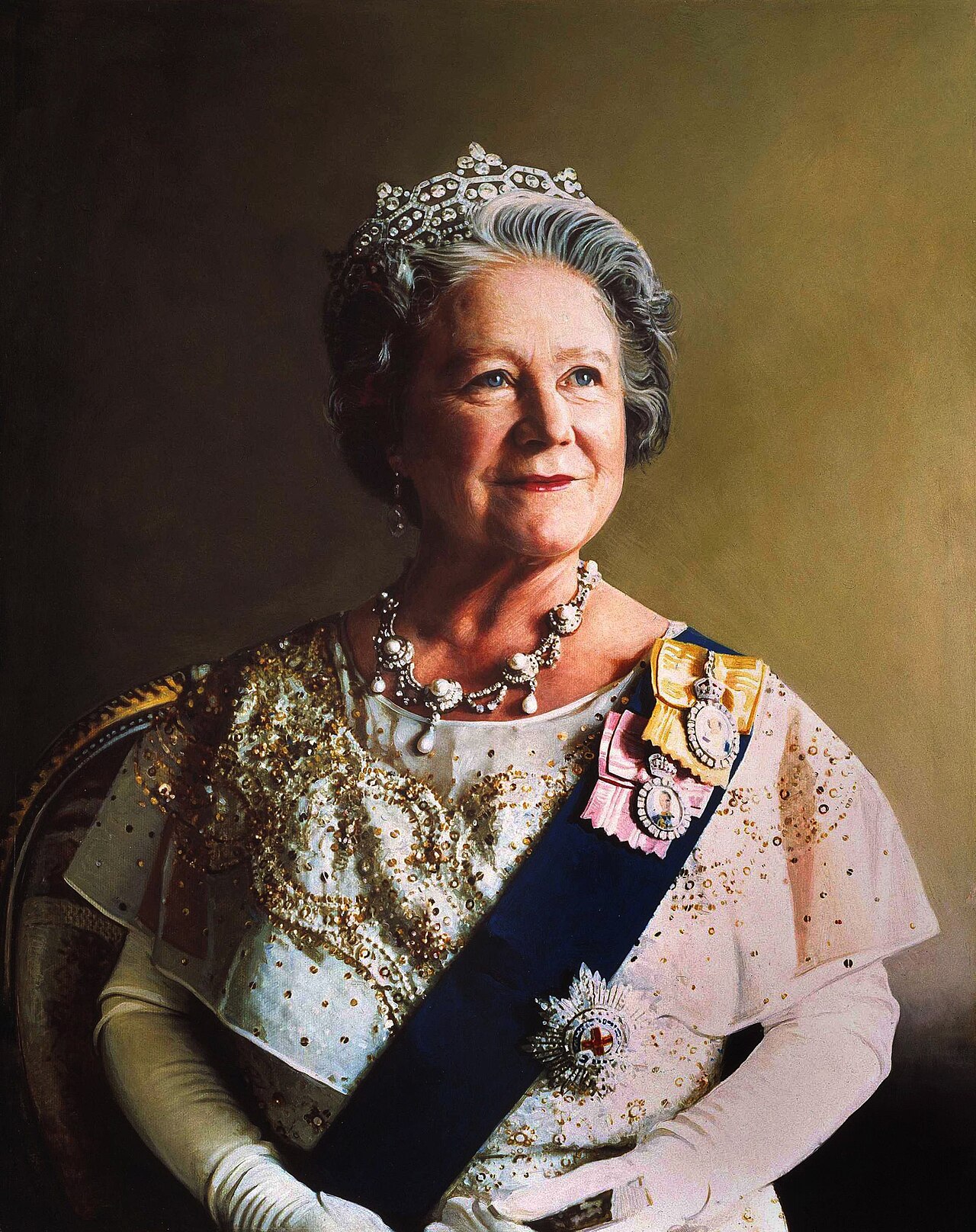
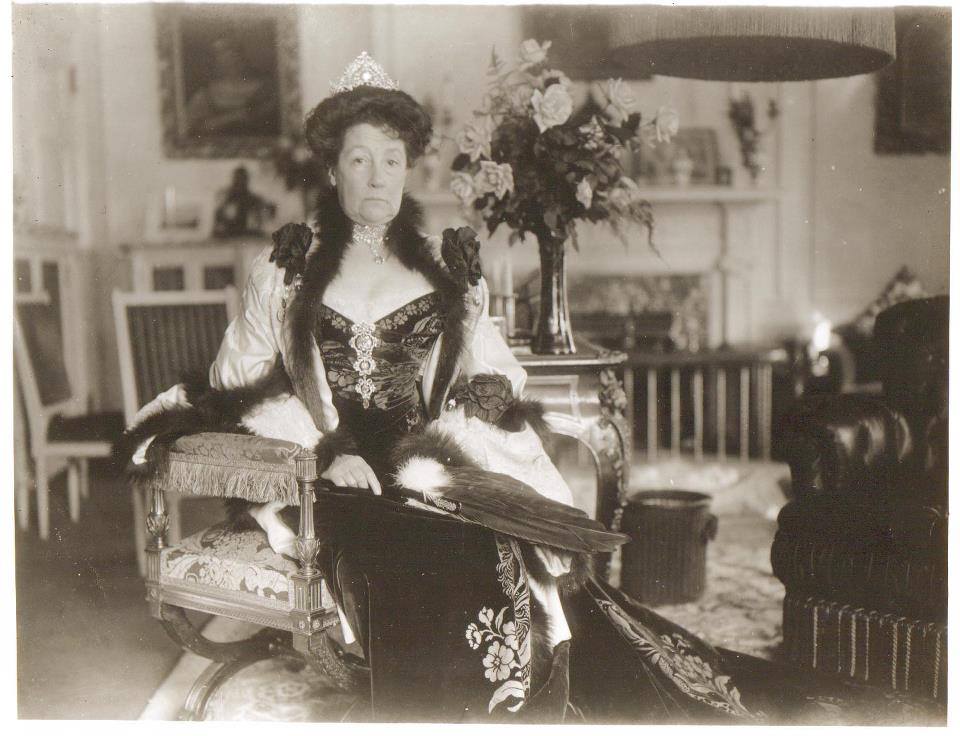
.jpg)
.jpg)

.png)

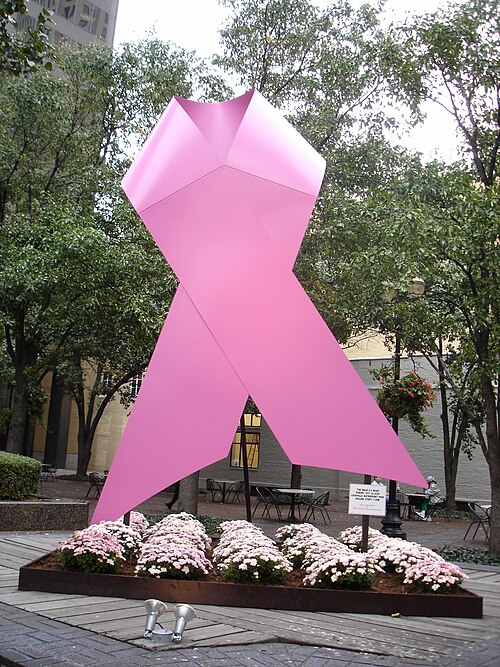
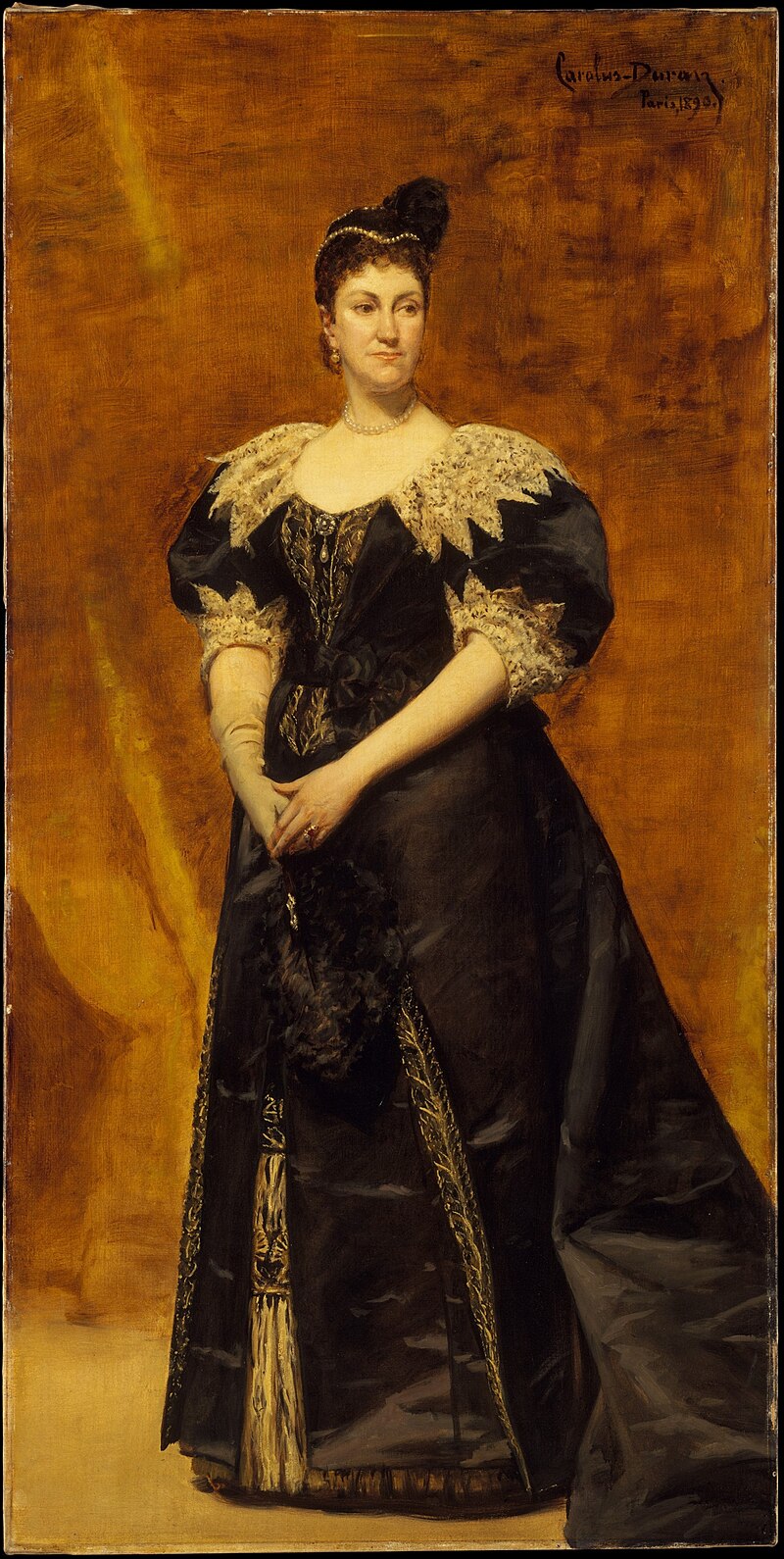
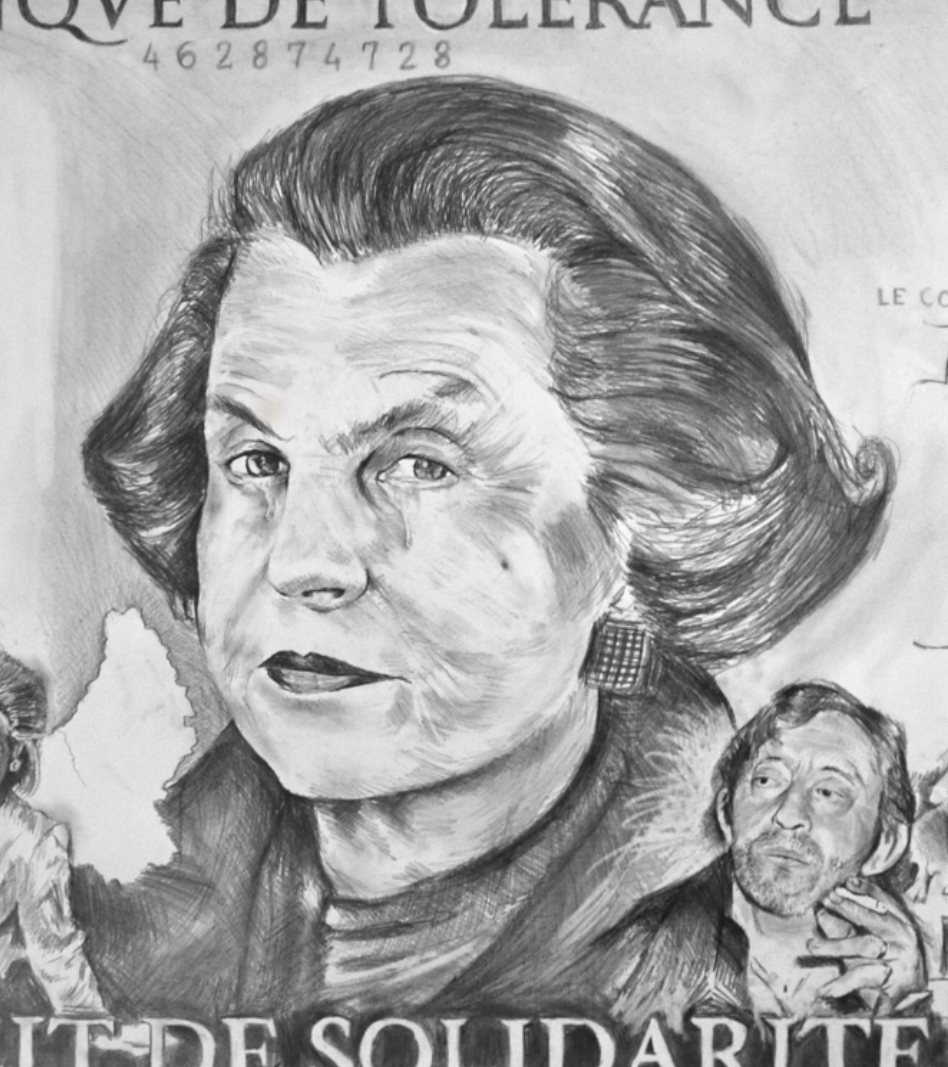
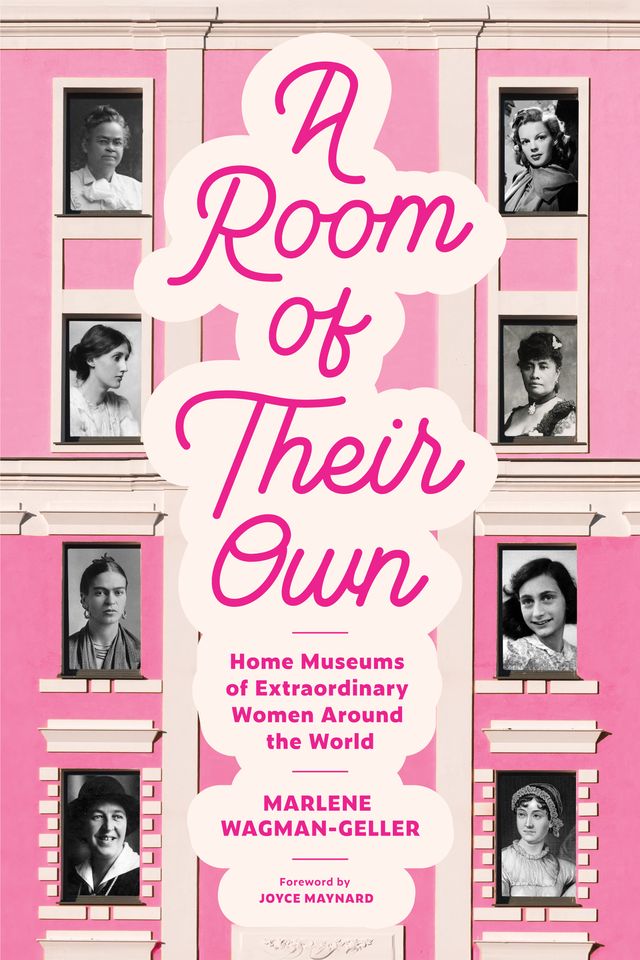
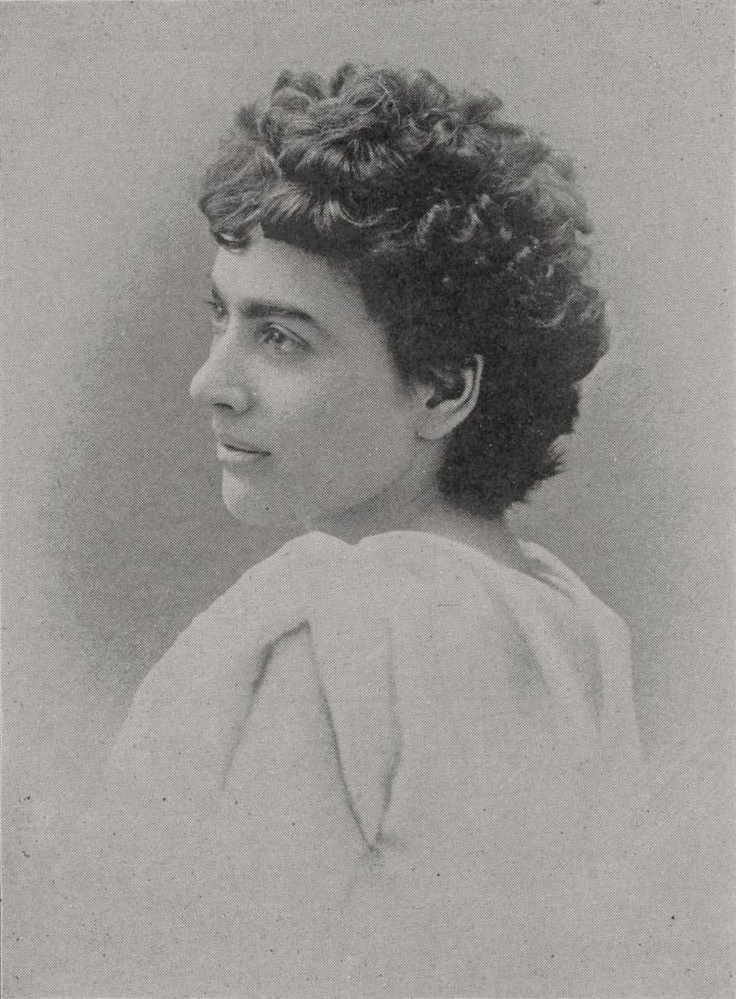
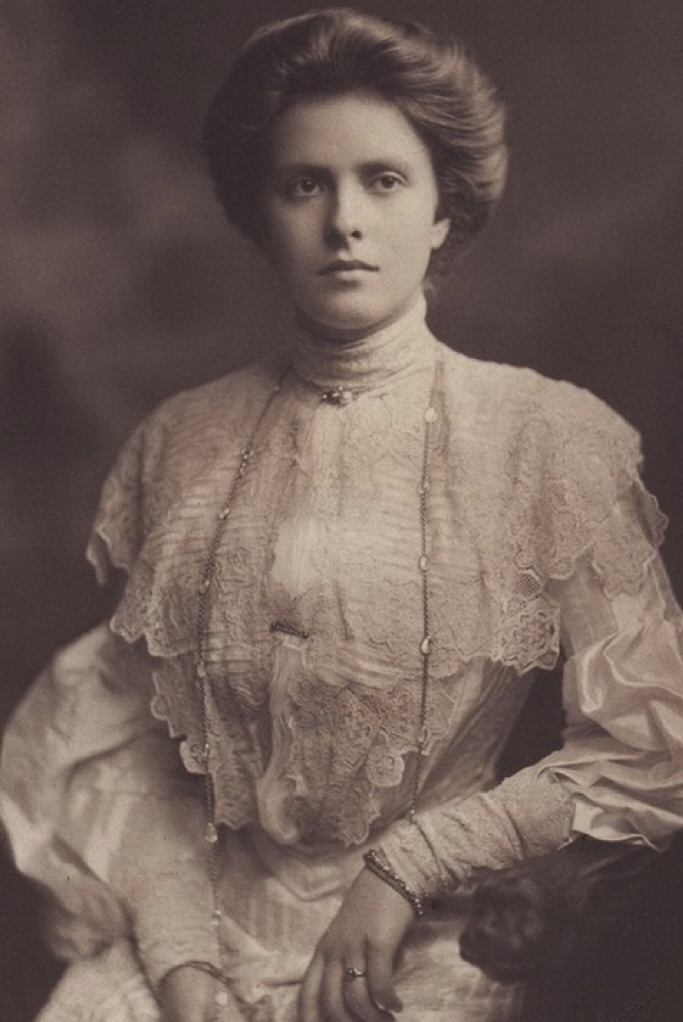
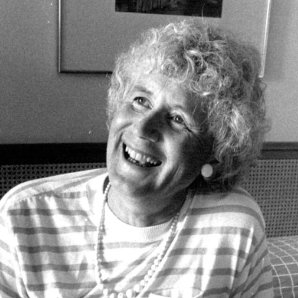
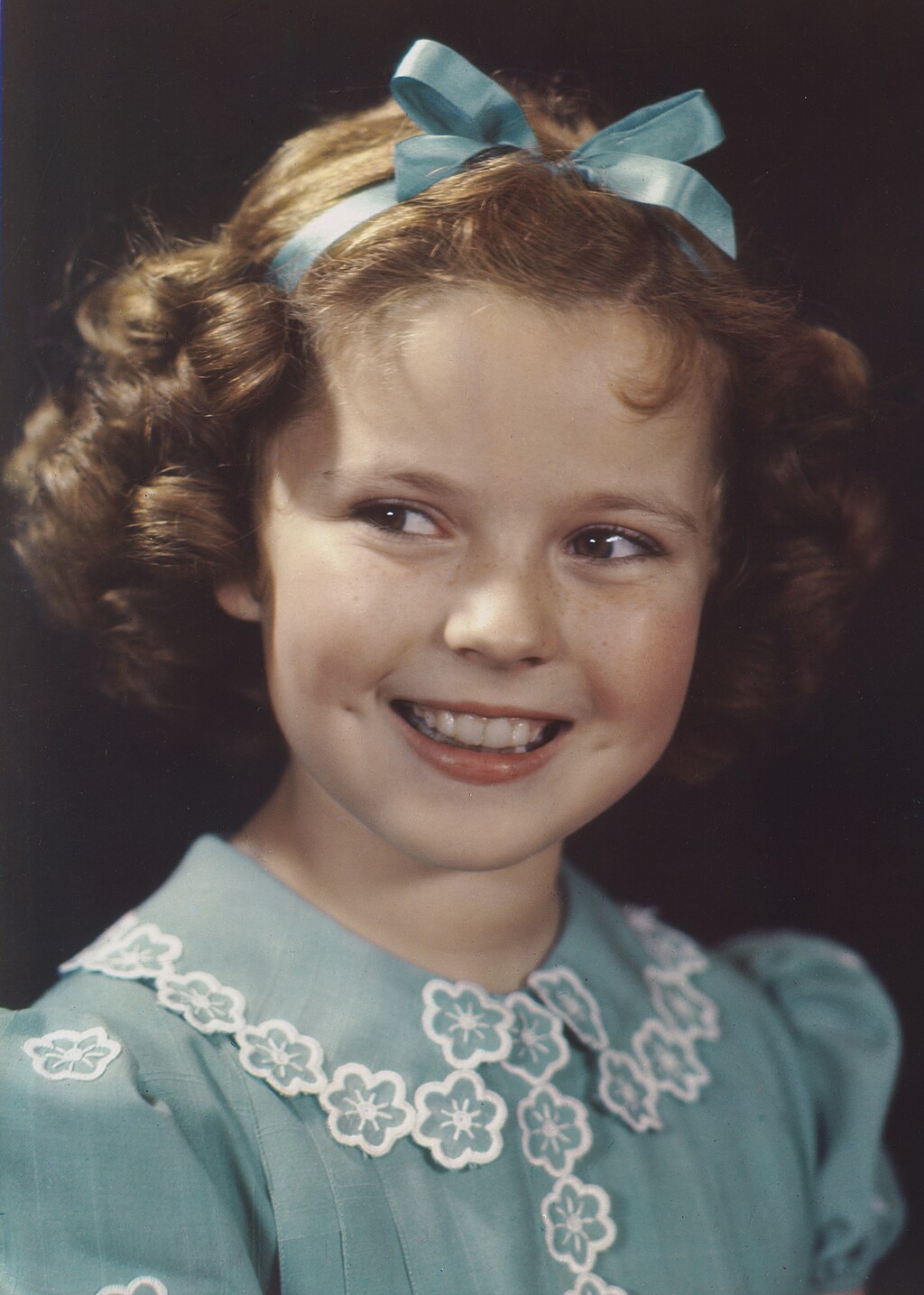

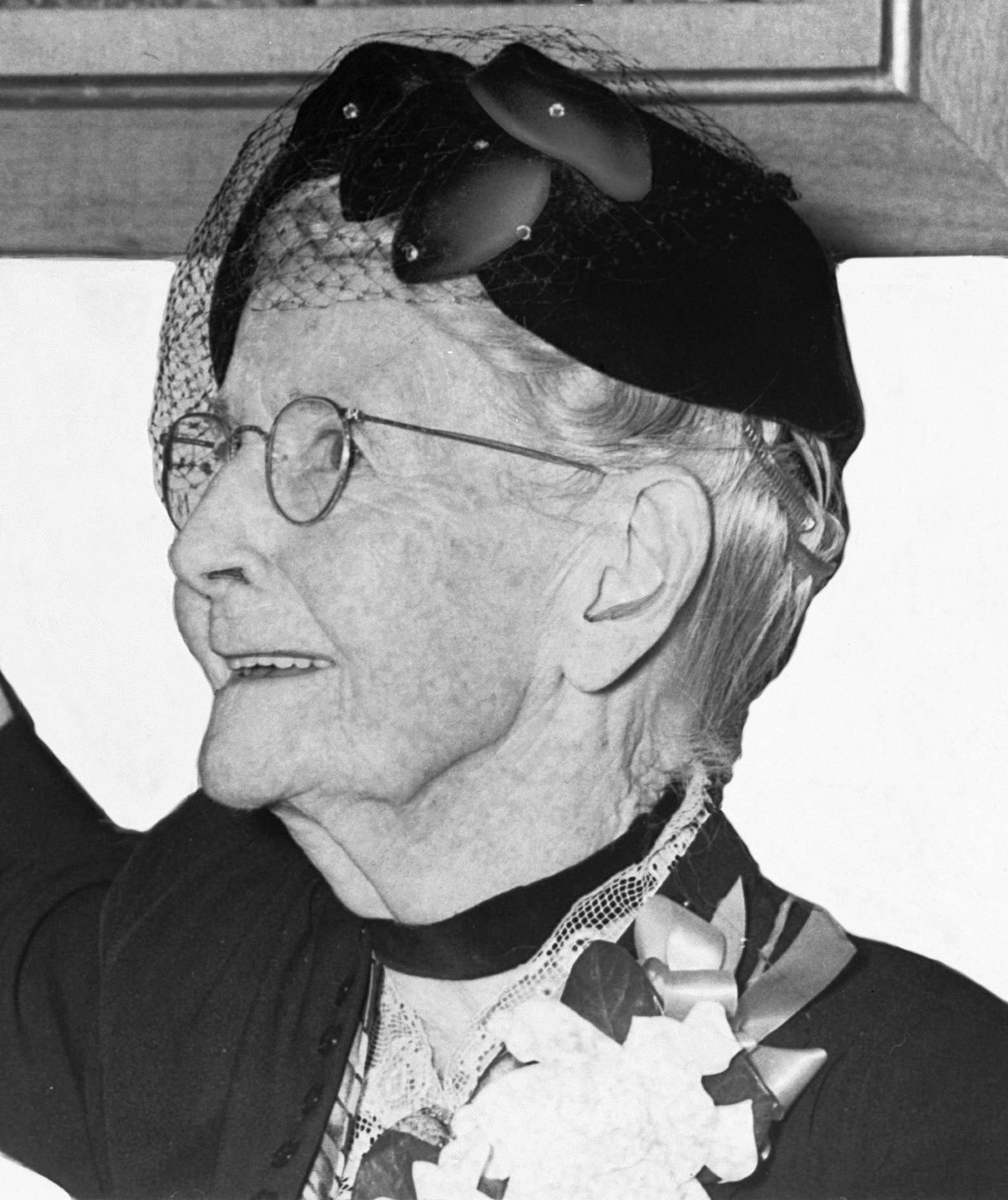
.jpg)
